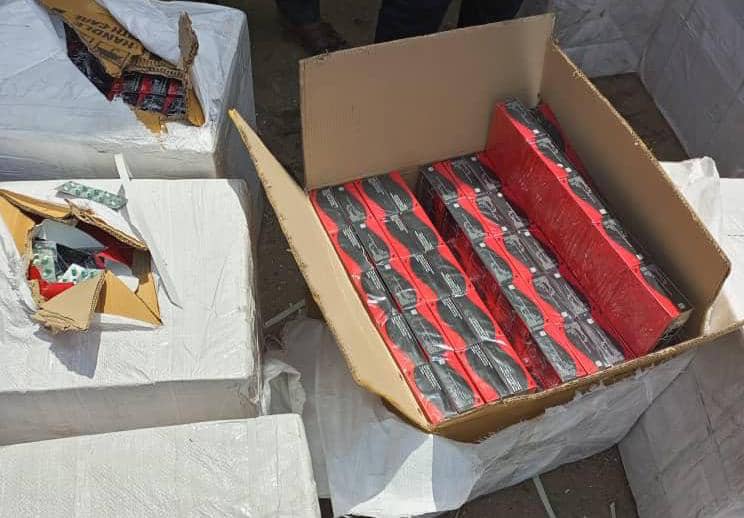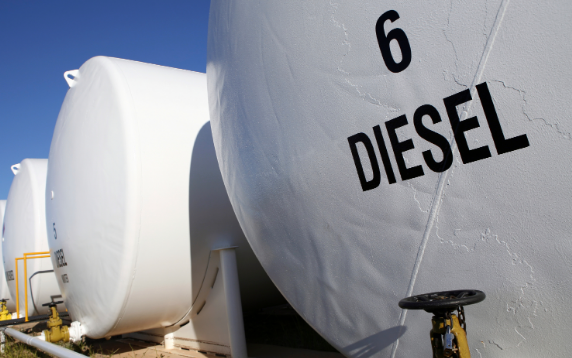The UK government has banned 15 dangerous synthetic opioids and classified them as class A drugs.
With the development, anyone found with the drugs could face up to seven years in jail, an unlimited fine, or both, while dealers could be handed a life sentence and/or a fine.
Synthetic opioids are substances that are made in a laboratory and act on the same targets in the brain as natural opioids to produce pain relief effects.
Synthetic opioids are often abused for their other effects such as relaxation and euphoria.
Advertisement
Announcing the move in a statement on Wednesday, James Cleverly, UK home secretary, said drug misuse and addiction ruin lives and damage communities.
“Synthetic opioids present a threat which we must tackle. As of today, they are classified as dangerous, Class A drugs,” the statement reads.
“Those supplying these drugs could face up to life in prison and an unlimited fine.”
Advertisement
The ban followed advice from the advisory council on the misuse of drugs (ACMD) with the aim of stopping drug overdoses and deaths.
The synthetic opioids banned are metonitazene; protonitazene; isotonitazene; butonitazene; flunitazene; metodesnitazene (metazene) and etodesnitazene (etazene).
Others are: N-pyrrolidino-etonitazene (etonitazepyne); N-piperidinyl-etonitazene (etonitazepipne); N-pyrrolidino protonitazene; ethyleneoxynitazene; N-desethyl protonitazene; N-desethylisotonitazene; N-desethyl-etonitazene and brorphine.
In a statement in November 2023, the UK Home Office had said the drugs being banned are “incredibly dangerous” and have similar effects to heroin and fentanyl, posing a higher risk of accidental overdose.
Advertisement
“This has been a widespread problem in other countries,” the statement reads.
“Although there is no current evidence to show these substances are prevalent in the UK, there have been some deaths linked to the drugs which is why the government is taking decisive action to safeguard communities.”
Chris Philp, the UK crime and policing minister, said the “highly dangerous substances” have the potential to devastate lives, ruin families and damage local communities.
“We must be one step ahead to ensure we are stopping new drugs from plaguing our streets and endangering the lives of vulnerable people,” Philp said.
Advertisement
“Our strategy is to tackle both the illicit supply of drugs, relentlessly pursuing criminal networks, and to build a world-class treatment system to turn people’s lives around and stop the cycle of crime.”
Five other drugs have also been banned, including cumyl-PeGaClone, a synthetic cannabinoid receptor agonist, which can cause complications such as seizures and liver failure.
Advertisement
Add a comment






